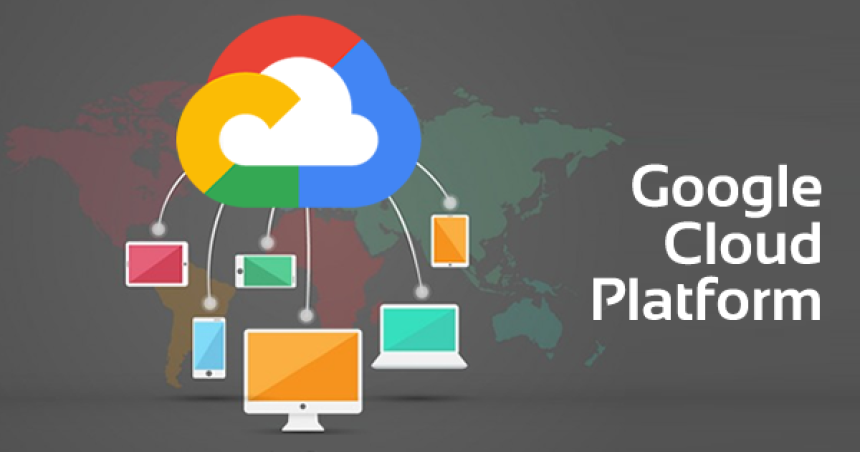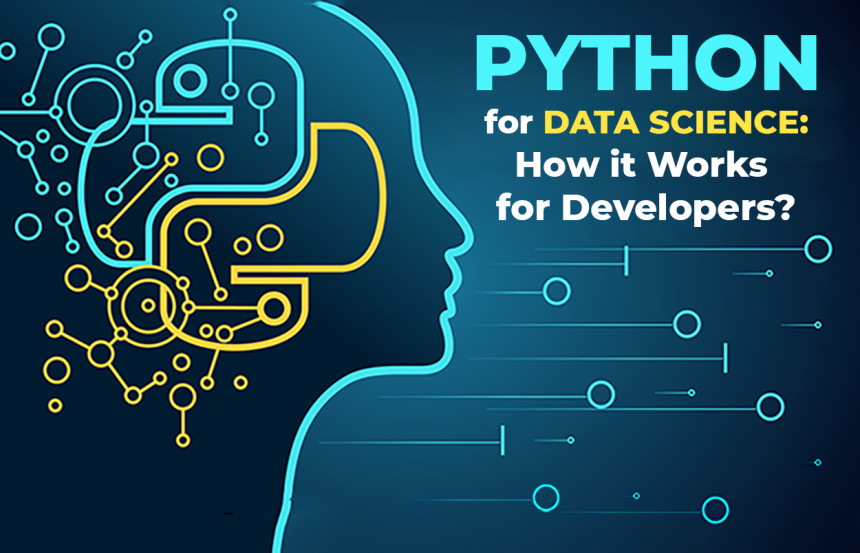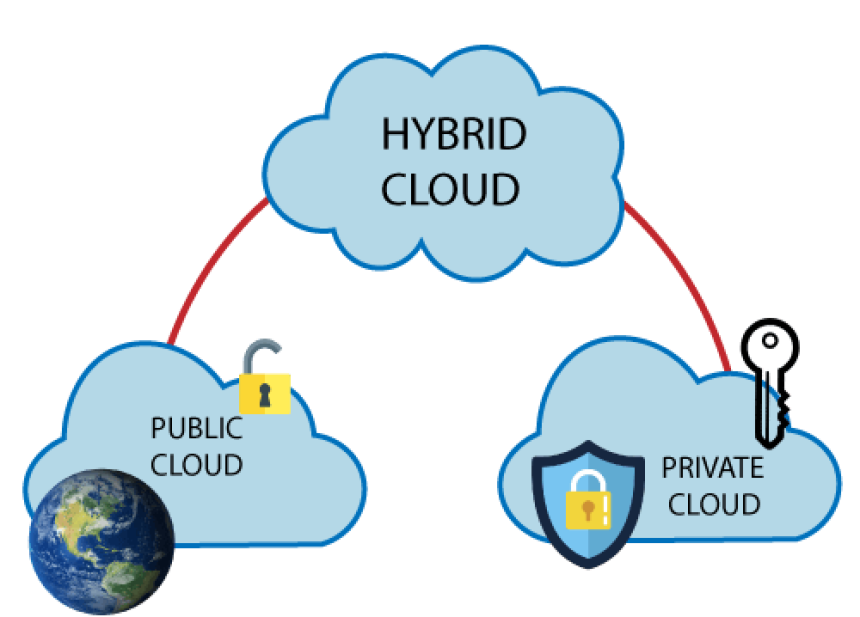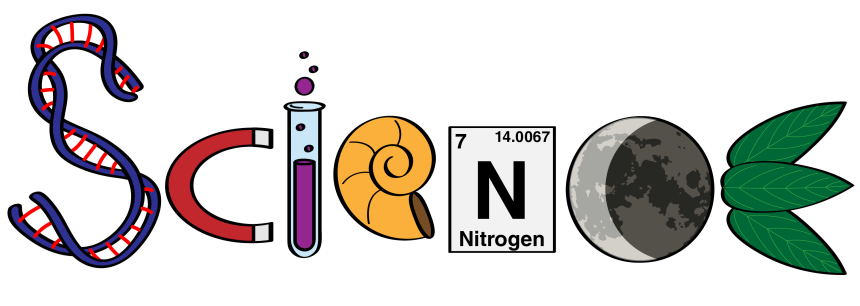
Hashtags
2 years ago
Hashtags
#what-is-this
What is Google Cloud Platform?
Google Cloud Platform (GCP) is a suite of cloud computing services provided by Google. It offers a wide range of tools and services for computing, storage, databases, machine learning, data analytics, networking, and more. GCP is designed to help individuals, businesses, and organizations build, deploy, and scale applications and services on Google's infrastructure.
Here are some key aspects of Google Cloud Platform:

- Compute Services:
- Compute Engine: Offers virtual machines (VMs) that can be customized for specific workloads. Users have control over the size, type, and configuration of VMs.
- App Engine: Provides a platform for building, deploying, and scaling applications without managing the underlying infrastructure. It supports various programming languages.
- Storage and Databases:
- Cloud Storage: Offers scalable and secure object storage for files, images, and large datasets. It can be used for backup, archiving, and content distribution.
- Cloud SQL: A fully managed relational database service compatible with MySQL, PostgreSQL, and SQL Server.
- Bigtable: A NoSQL, wide-column database designed for large analytical and operational workloads.
- Firestore: A scalable, serverless, NoSQL document database for web, mobile, and server applications.
- Networking:
- Virtual Private Cloud (VPC): Allows users to create isolated networks within GCP, providing control over IP addressing and routing.
- Load Balancing: Distributes incoming network traffic across multiple instances to ensure high availability and performance.
- Cloud CDN: A content delivery network that caches content at Google's global edge locations for faster delivery to users.
- Data Analytics and Machine Learning:
- BigQuery: A fully managed, serverless data warehouse for running fast and SQL-like queries on large datasets.
- AI and Machine Learning: GCP offers a suite of tools for machine learning and artificial intelligence, including AutoML, TensorFlow, and AI Platform.
- Security and Identity:
- Identity and Access Management (IAM): Allows users to control who has access to resources within GCP and what actions they can perform.
- Security Key Enforcement: Provides two-factor authentication for user accounts.
- Developer Tools:
- Cloud Source Repositories: Provides a private Git repository for managing and versioning code.
- Cloud Build: Automates building, testing, and deploying code to Google Cloud.
- Internet of Things (IoT):
- IoT Core: Provides a fully managed service for securely connecting and managing IoT devices.
- Management and Monitoring:
- Stackdriver: Offers monitoring, logging, and diagnostics for applications on Google Cloud.
- Serverless Computing:
- Cloud Functions: Allows users to run event-driven, serverless functions in response to events.
- Containers and Kubernetes:
- Kubernetes Engine: A managed Kubernetes service for orchestrating containerized applications.
GCP is known for its strong network infrastructure, global presence, and its expertise in data analytics and machine learning. It is widely used by businesses, developers, data scientists, and enterprises for a wide range of applications, including web and mobile applications, data processing and analysis, machine learning, and more.





